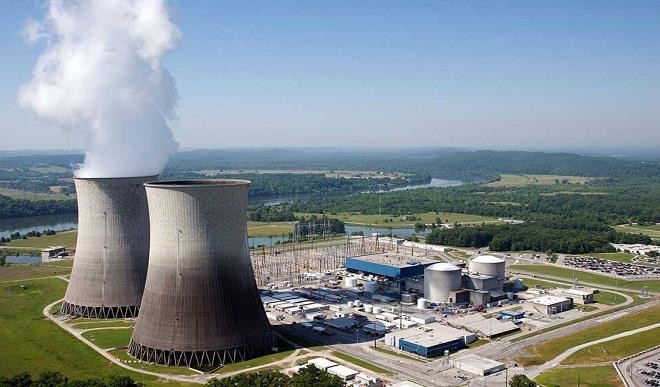The chief executive officer, Russian State Nuclear Energy Corporation, Rosatom, Central and Southern Africa, Mr Dmitry Shornikov, says the recent Russia and Nigeria cooperation in the design, construction, operation and decommissioning of the Nuclear Power Plant and the Multipurpose Research Reactor Complex (MRRC) in the country will aid regional investment climate, agriculture and job creation.
Shornikov stated this on Tuesday at the 15th Future Energy Nigeria Conference & Expo held in Lagos.
He said the agreements provide for appointment of authorized organizations for the projects’ development, implementation and determine framework adding that the project would ensure wide application of nuclear and radiation technologies in healthcare, science, industry and agriculture in Nigeria.
At a meeting in Abu Dhabi in October, 2017, Russia had signed an agreement with Nigeria to build and operate a nuclear power plant, the first of its kind on the continent, as well as a research centre that would house a nuclear research reactor.
The agreement was in furtherance of a Memorandum of Understanding signed last year between the Nigeria Atomic Energy Commission (NAEC), and Rosatom for the construction of four nuclear power plants at the cost $20 billion. The four plants will have a total capacity of 4,800 megawatts by 2035.
“Considering the project on construction of the Multipurpose Research Reactor Complex ((MRRC), this Complex will ensure wide application of nuclear and radiation technologies in healthcare, science, industry and agriculture in Nigeria.
“MRRC will bring various economic advantages such as new technological industry platforms, national industrial development, improved regional investment climates, agricultural export growth, new jobs as well as increased life expectancy and improved quality of life for Nigerian population.
“Shortage of sustainable and affordable energy sources make it difficult for African nations like Nigeria to implement its strategic industrialization goals, against a background of growing urbanization as well as demands for employment and modern infrastructure. The importance of the industrial sector in a country’s economic development cannot be over-emphasized,” Shornikov explained.

 Join Daily Trust WhatsApp Community For Quick Access To News and Happenings Around You.
Join Daily Trust WhatsApp Community For Quick Access To News and Happenings Around You.


